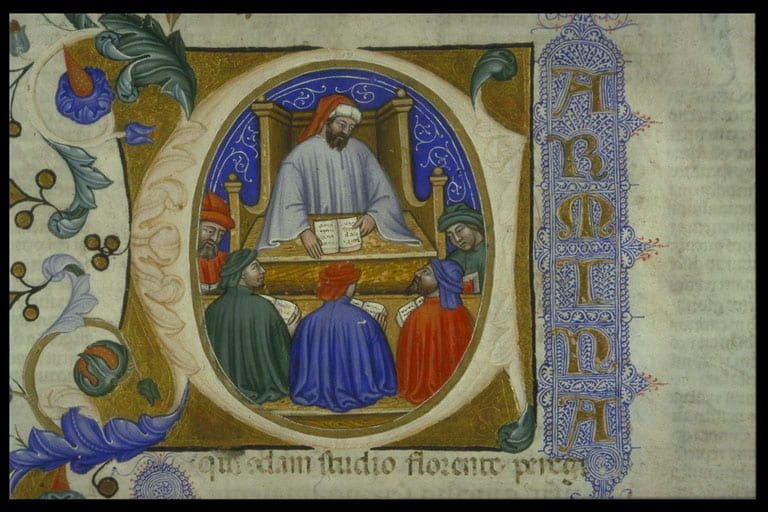
by kimd | Mar 1, 2022 | Boethius, Theories
Written in 523 and 1674 AD respectively, Boethius’ Consolation of Philosophy and John Milton’s Paradise Lost are crucial works of Christian prose and poetry. Despite their clear promotion of the Christian faith, the two works rely on the literary and religious...

by calozada | Jan 29, 2022 | Boethius, Genesis
I find the act of transformation as punishment interesting, because within the Genesis retellings of the Old Testament Narratives, God seems to punish all those who betray him by severely distorting or wholly changing their humanity and physical body. This then...

by leonard2 | May 3, 2020 | Boethius, Questions
.aoBoethius, like many other philosophers, feels the need to reason out the existence of free will in Book V of his Consolation of Philosophy. It is a natural question to come up when contemplating matters such the existence of evil amidst God’s providence. In the...

by N | Apr 22, 2020 | Boethius
How does the reasoning in Boethius’s Consolation of Philosophy, written in 524, hold up to the scrutiny of 21st-century college students? Perhaps there is a fundamental difference between him, the writer, and us, the readers, as a result of the time difference, that...
by aiko | Apr 20, 2020 | Boethius
Lady Philosophy may be understood to have addressed Boethius’s immediate concerns about the loss of his fortunate position in life in Books I and II through her explanation of the nature of Fortune. This explanation appears to partially succeed in consoling Boethius,...

by connortree | Apr 18, 2020 | Boethius
Boethius in Book 1 has a great deal of self-pity for being scorned by Fortune, placing himself in the lineage of “innocents” like Socrates whose devotion to the truth leads to his misery. Lady Philosophy, a figment of Boethius’s imagination, confirms...






